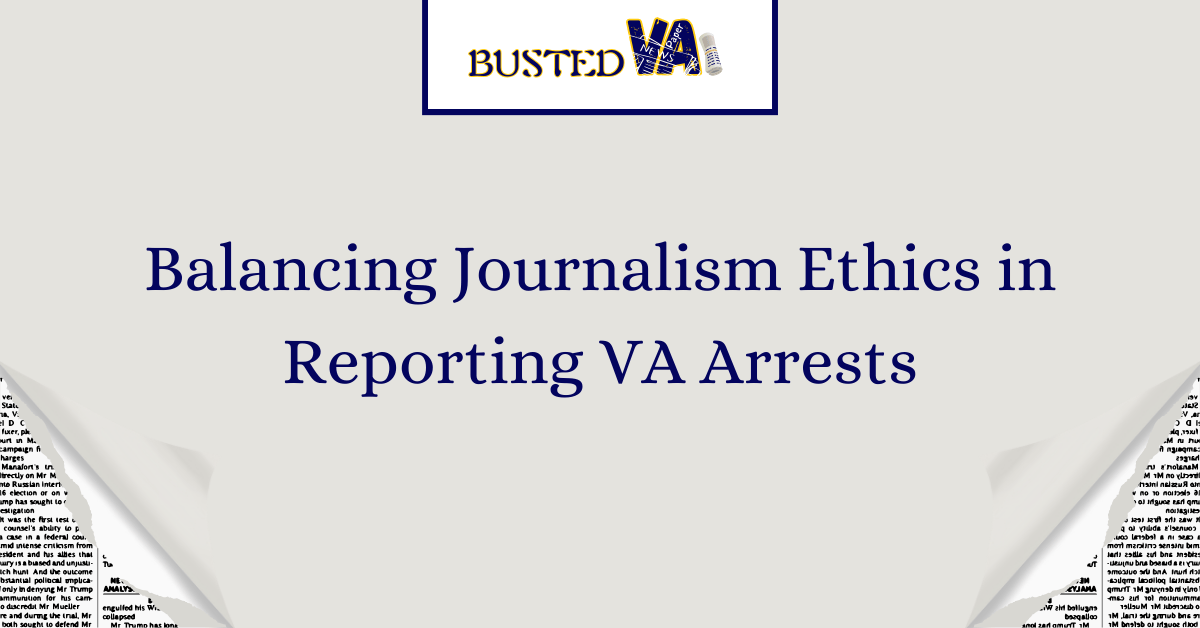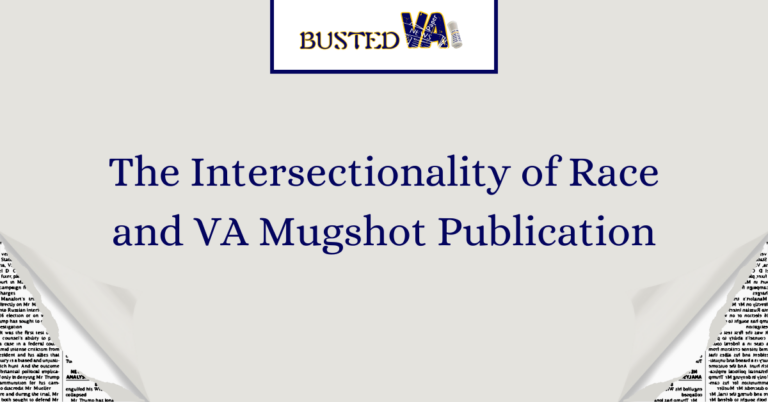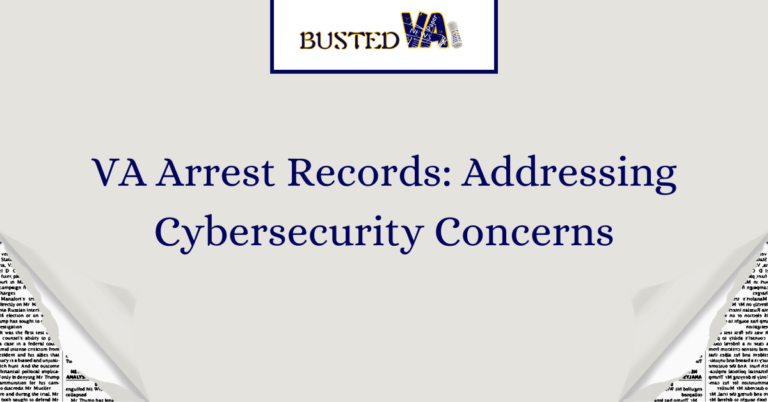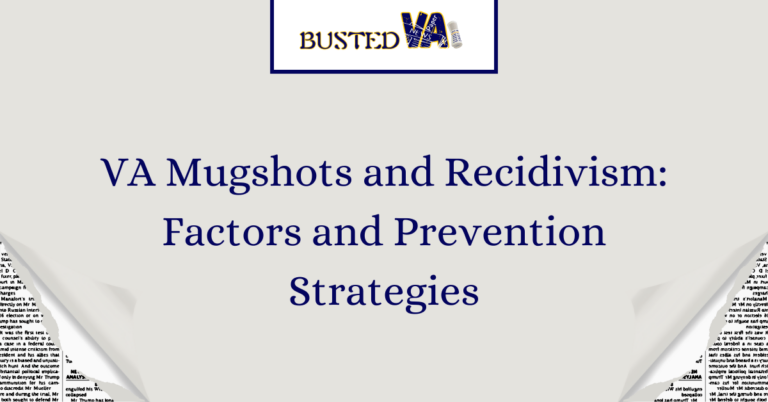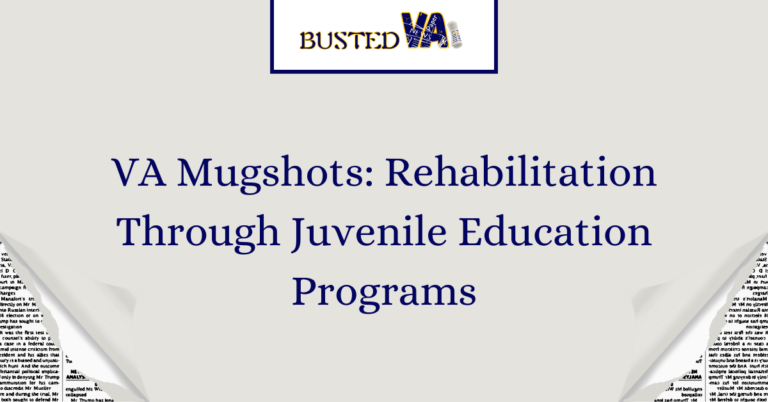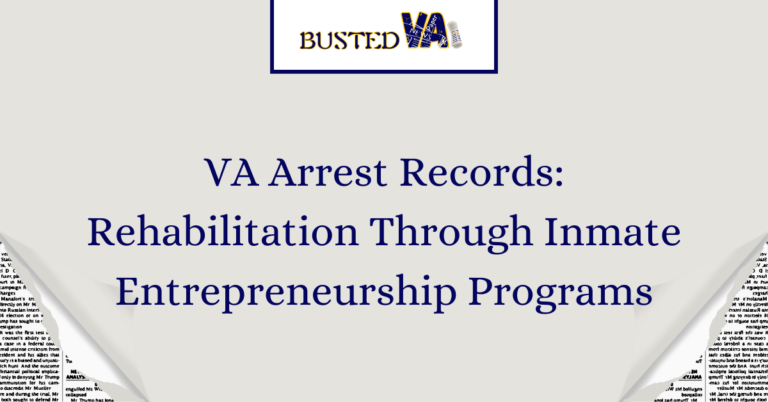Balancing Journalism Ethics in Reporting VA Arrests
At the heart of journalism lies the responsibility to deliver accurate and unbiased information to the public. This duty becomes even more crucial when reporting on sensitive topics such as arrests. Balancing the ethics of journalism while reporting on VA arrests requires a delicate approach, ensuring that the public is informed without compromising the rights and privacy of individuals involved.
Our aim is to provide you with a comprehensive understanding of how journalists navigate the complex landscape of reporting arrests in Virginia. We will explore the ethical considerations, legal frameworks, and best practices that guide journalists in their quest to deliver news that is both informative and respectful. Through this exploration, we hope to shed light on the challenges faced by journalists and foster a greater appreciation for the importance of ethical reporting in our society.
Ethical Considerations in Reporting Arrests
When it comes to reporting on arrests, journalists face a myriad of ethical considerations. The responsibility to deliver accurate and unbiased information is of paramount importance, but it must be balanced with the need to respect the rights and privacy of individuals involved. This delicate balance is crucial to maintaining the trust of the public and upholding the integrity of journalism.
Privacy Rights and the Public Interest
One of the key ethical considerations when reporting on arrests is the tension between an individual’s right to privacy and the public’s right to know. Journalists must carefully assess the public interest in the information they are reporting and determine whether it outweighs the potential harm to the individuals involved. Striking the right balance is essential to avoid unnecessary invasion of privacy.
Presumption of Innocence and Fair Trial
Another crucial ethical consideration is the presumption of innocence and ensuring a fair trial. It is the duty of journalists to avoid prejudicing the public against individuals who have been arrested. This means refraining from sensationalizing or exaggerating the charges and presenting the information in a fair and unbiased manner. Journalists must remember that an arrest does not equate guilt, and everyone is entitled to their day in court.
Legal Frameworks and Reporting Guidelines
Journalists reporting on arrests in Virginia must adhere to certain legal frameworks and reporting guidelines. These frameworks are in place to ensure that the information presented to the public is accurate, fair, and respects the rights of all individuals involved.
Virginia’s Shield Laws and Confidential Sources
Virginia has specific shield laws that protect journalists from being compelled to disclose their confidential sources. This protection is crucial in maintaining the trust of sources who may be hesitant to come forward with information related to arrests. By safeguarding the anonymity of sources, journalists can continue to report on arrests without fear of reprisal.
Accuracy and Verification of Information
Journalists have a responsibility to verify the accuracy of the information they report, especially when it comes to arrests. This includes cross-referencing official records, seeking multiple sources, and fact-checking to ensure the information presented is reliable. By prioritizing accuracy, journalists can avoid spreading misinformation and maintain their credibility.
Consideration for Victims and Families
When reporting on arrests, journalists must also consider the impact on victims and their families. Sensitivity and empathy are crucial in these situations, as the public dissemination of information can have a profound effect on those involved. Journalists must be mindful of the potential harm caused and exercise caution in the way they present and handle such sensitive information.
FAQs
What are the ethical considerations when reporting on VA arrests?
When reporting on VA arrests, it is essential to consider the privacy and reputation of the individuals involved. Journalists should ensure that the information shared is accurate, verified, and in the public interest. Sensationalism should be avoided, and the focus should be on providing objective and balanced coverage.
How can journalists maintain impartiality when reporting on VA arrests?
Journalists can maintain impartiality by presenting all relevant facts and perspectives surrounding the VA arrests. They should avoid personal biases and opinions while ensuring that their reporting is fair, balanced, and without any form of favoritism or prejudice.
What steps should journalists take to protect the privacy of arrested individuals?
To protect the privacy of arrested individuals, journalists should refrain from publishing unnecessary personal details that are not directly relevant to the case. They should also be cautious about publishing photographs or videos that may lead to the identification of the arrested individuals without their consent.
How can journalists ensure accountability when reporting on VA arrests?
Journalists can ensure accountability by thoroughly fact-checking the information they receive before reporting on VA arrests. They should also provide clear sources for the information presented and be willing to correct any inaccuracies promptly. Additionally, journalists should be open to feedback and address any concerns raised by the public.
What are the challenges in balancing journalism ethics when reporting on VA arrests?
One of the challenges in balancing journalism ethics when reporting on VA arrests is the need to inform the public while respecting the privacy and dignity of the individuals involved. Journalists must navigate the fine line between public interest and sensationalism, ensuring that they prioritize the ethical principles of accuracy, fairness, and objectivity.
The Importance of Ethical Reporting
Ethical reporting plays a vital role in our society. By adhering to ethical guidelines, journalists ensure that the information they deliver is reliable, fair, and respectful. This fosters trust between journalists and the public and upholds the integrity of the profession. It is through ethical reporting that journalists can fulfill their responsibility to the public and contribute to a well-informed society.

